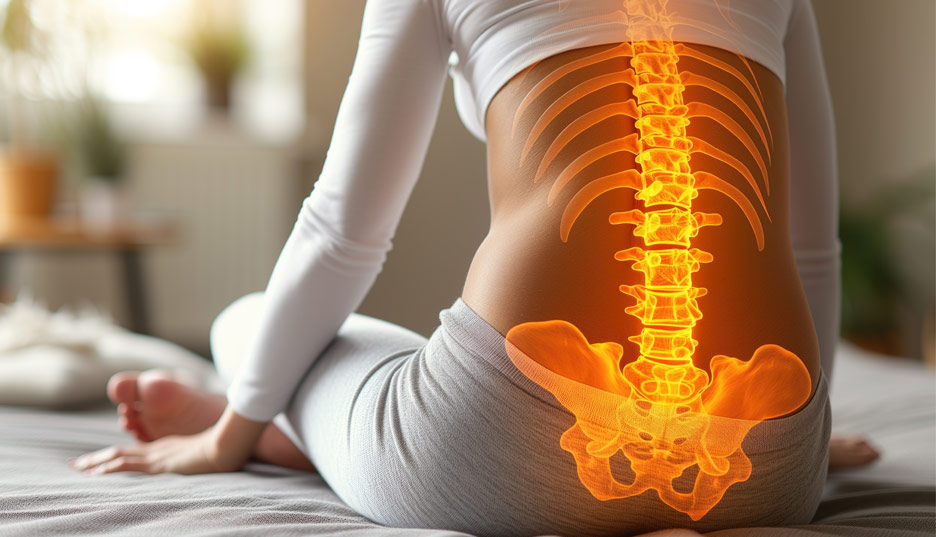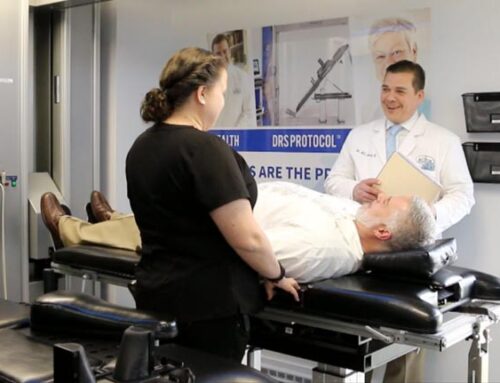Have you been suffering from back pain but aren’t sure what the cause is? Eight out of ten Americans experience back pain at some point in their lives.
While some people only experience temporary back pain from minor incidents, many others deal with chronic back pain that causes long-term suffering. Degenerative disc disease is one cause of long-term back pain. What happens when you have degenerative discs? What can you do about it?
Read this guide on degenerative discs to learn more.
What are Degenerative Discs?
Degenerative discs (also known as degenerative disc disease) occur when the discs in your spine wear down. The disks refer to the rubbery cushions in your spine that sit between the vertebrae. They help you move, twist, and bend, and they absorb shock.
While everyone’s spinal discs naturally deteriorate over time, some people’s discs deteriorate faster than others. When the cushioning wears away, your bones begin to rub together, leading to pain and other potential problems, like scoliosis, herniated discs, and spinal stenosis.
Risk Factors and Causes
As mentioned, aging is the biggest risk factor for degenerative disc disease, and typically, people’s discs start to generate after 40. However, you’re also at greater risk of developing degenerative discs if you’re a smoker, obese, engage in strenuous physical work, or experience a sudden, acute injury, such as a fall.
Symptoms
Some people experience little to no pain from degenerative disc disease, while others experience pain that’s nearly unbearable. The most common symptom people experience early on is back pain and weakness that radiates to other parts of the body.
For example, if there’s damage in the lower back, you may also experience pain in your buttocks or thighs in addition to back pain. Or, if the damage is in the neck, the pain may radiate to your arms, shoulders, and hands.
You may also experience spinal instability, which can lead to muscle spasms. The pain may also worsen when lifting, bending, sitting, or twisting. Lying down, walking, or changing positions may help alleviate some of the pain.
Diagnosis, Treatment, and Prevention
To diagnose degenerative disc disease, your chiropractor will ask about your symptoms and where and when you’re experiencing pain. They will also perform a physical exam to assess your muscle strength, pain levels, and nerve function. Some diagnostic tests may also be ordered, such as an MRI, or CT scan.
If you’re diagnosed with degenerative disc disease, your chiropractor may recommend a treatment plan that includes the DRS Protocol® as well as at-home exercise, stretching, and hot and cold therapy.
Luckily, you may be able to prevent degenerative disc disease by maintaining a healthy weight, exercising regularly, and avoiding smoking.
Degenerative Discs: Time to Move Forward
If you believe you’re suffering from degenerative discs, schedule an appointment with Busch Chiropractic today. The faster you’re diagnosed, the faster you can begin your road to recovery.
If you live in Fort Wayne and are looking to see a chiropractor for your degenerative discs, contact us today.





